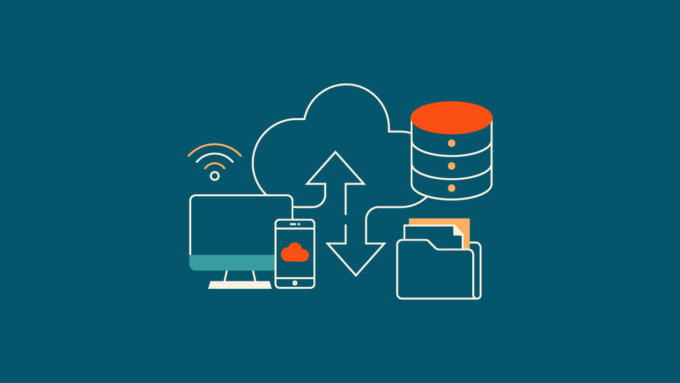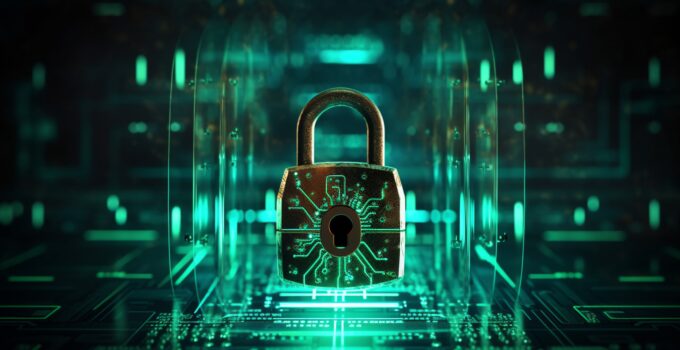In this digital epoch, our personal and financial lives are more interconnected with the virtual realm than ever. Our memories, finances, and social interactions are all wrapped up in digital assets. While we often think about how our physical assets will be distributed after we’re gone, our footprints deserve the same attention. So, how do we ensure our online legacies are protected and passed on? Let’s delve in.
1. Appointing a Digital Executor
The gravity of the role of an executor in traditional estate planning is well understood. In the digital realm, this role is just as crucial. Picking an executor is about more than trust; it’s about technological adeptness and the ability to navigate the virtual world with ease.
Understanding the magnitude and scope of this role is imperative. While some tasks, like deactivating a social media account, might seem straightforward, others such as transferring digital currencies or handling an online business might demand more nuance and expertise.
Clarity and communication are essential. Once you’ve identified the perfect individual, it’s crucial to outline their responsibilities, provide them with the necessary resources, and ensure they are prepared to manage and distribute your digital assets in alignment with your wishes.
2. Creating an Inventory

Source: minimax.rs
The foundation of safeguarding your online holdings starts with recognition. It’s surprising how our digital presence can span across countless platforms, from streaming services to financial portfolios. The first step involves methodically cataloging every single online account, digital document, and virtual entity you own or interact with.
But not every asset holds the same weight. It’s vital to differentiate between assets that have a tangible monetary value, like your cryptocurrency stash, and those with sentimental significance, like a collection of personal emails or photos. This distinction will play a pivotal role in the subsequent stages of planning.
Armed with your inventory, the next undertaking is the painstaking task of gathering access details. This isn’t just about passwords; consider security questions, biometric data, or recovery emails. However, while documentation is key, the security of this information remains paramount.
3. Password Management and Security
In the vast expanse of the digital universe, passwords are the keys to your kingdom. A robust password strategy isn’t just about strong combinations of letters, numbers, and symbols; it’s about diversification. Avoid the pitfall of using one password across multiple platforms; this leaves your entire realm vulnerable.
With the rise of sophisticated hacking tools, even the strongest passwords can be compromised. That’s where multi-factor authentication (MFA) comes into play. By integrating MFA into your accounts, you add an extra layer of defense, ensuring that even if a password is cracked, access remains restricted. Learn some more useful tips on staying safe online
However, security isn’t just about access. Once inside, how are your assets protected? Regularly updating security questions, maintaining different recovery emails, and monitoring account activity can act as secondary barriers, ensuring your digital wealth remains intact and impenetrable.
4. Data Backup and Storage Strategies

Source: quest.com
While clouds might seem ethereal, cloud storage is concrete and essential. Think of it as your digital safety deposit box. However, trusting a single platform can be perilous. Distribute your assets across multiple cloud storage platforms to mitigate risks associated with data breaches or server failures.
Yet, not everything should float in the cloud. Some assets, especially sensitive ones, are best stored on physical hard drives. These tangible storage devices offer the twin benefits of accessibility and isolation, ensuring your data remains safe from online breaches.
Balancing between cloud and physical storage, though, is a delicate act. Regularly updating, reviewing, and migrating data ensures that no digital asset gets lost in the vast expanse of the virtual world, while also safeguarding against technological obsolescence.
5. Digital Asset Distribution and Inheritance
Beyond the meticulous cataloging and secure storage, the essence of estate planning lies in the legacy you leave behind. Define in clear terms who inherits your assets. Whether it’s passing on a treasured photo album to a loved one or transferring ownership of a domain to a colleague, be explicit in your directives.
Just as the tangible world has its complexities around inheritance, so does the digital. For instance, while it may be simple to bequeath someone your collection of e-books or music, transferring digital currencies or online investments might demand more intricate planning and knowledge of evolving regulations.
The emotional weight of some digital assets can’t be measured in bytes or bits. Offering guidance on how to manage personal emails, social media accounts, or even personal blogs is a way to ensure your memories bring solace, not stress, to those you leave behind.
6. Legal and Privacy Considerations

Source: infoworld.com
Legal landscapes are constantly evolving, more so in the burgeoning field of assets. Keeping abreast of current regulations, rights, and restrictions associated with each of your digital assets is essential. For instance, while you may own a piece of art, the rights to display or reproduce it might be governed by distinct laws.
With the digital realm being borderless, the jurisdictional implications can be intricate. An online asset hosted in one country might be subject to the laws of another. Engaging with legal professionals who specialize in inheritance can offer clarity in these nebulous waters.
Beyond the legalities lies the realm of privacy. How do you ensure your private conversations, personal photos, or confidential documents remain so after your departure? Setting clear directives about erasure, archival, or sharing can protect your dignity in perpetuity.
7. Online Accounts and Social Media
Your online persona, manifested through social media profiles and online accounts, is an extension of your identity. Deciding the fate of these profiles is as significant as any other asset. While some may choose to memorialize their accounts, allowing them to stand as monuments, others might opt for deletion, ensuring a clean slate.
These decisions aren’t purely sentimental. Many online platforms have monetary dimensions, be it through affiliate marketing, content monetization, or sponsored posts. Ensuring these assets are either transitioned or terminated appropriately is essential to avoid future complications.
The guidance you offer your digital executor regarding online accounts isn’t just procedural but emotional. Leaving behind sentiments, wishes, or even final posts can act as a digital epitaph, ensuring your online legacy mirrors your real-world ethos.
Final Thoughts
The interplay between our tangible and digital lives has never been more pronounced. As we traverse this digital era, safeguarding our virtual assets becomes as vital as protecting our physical ones. With careful planning, clear directives, and the right resources, we can ensure our digital legacies are preserved, protected, and passed on, echoing our lives in the boundless expanse of the virtual universe.







